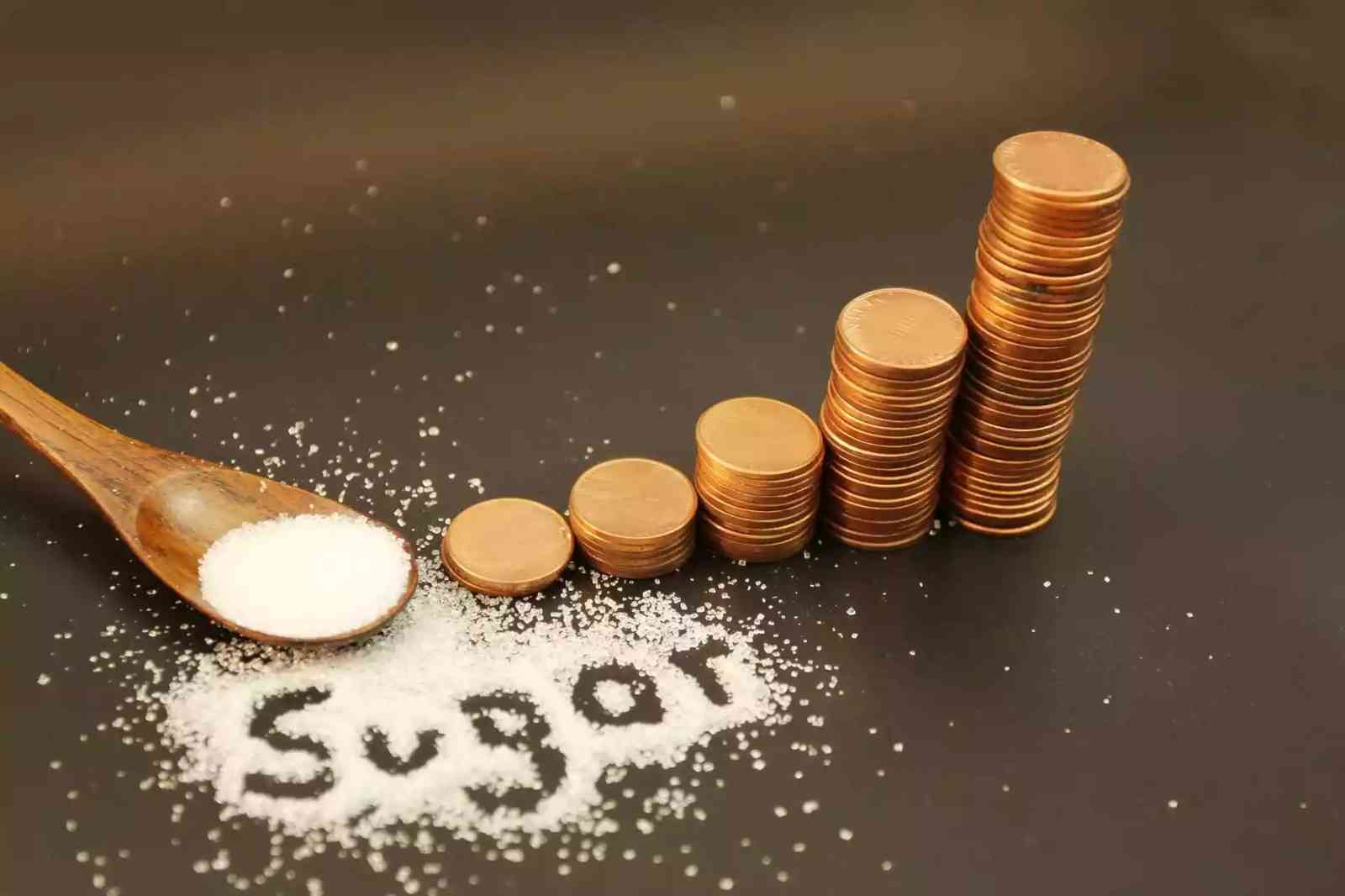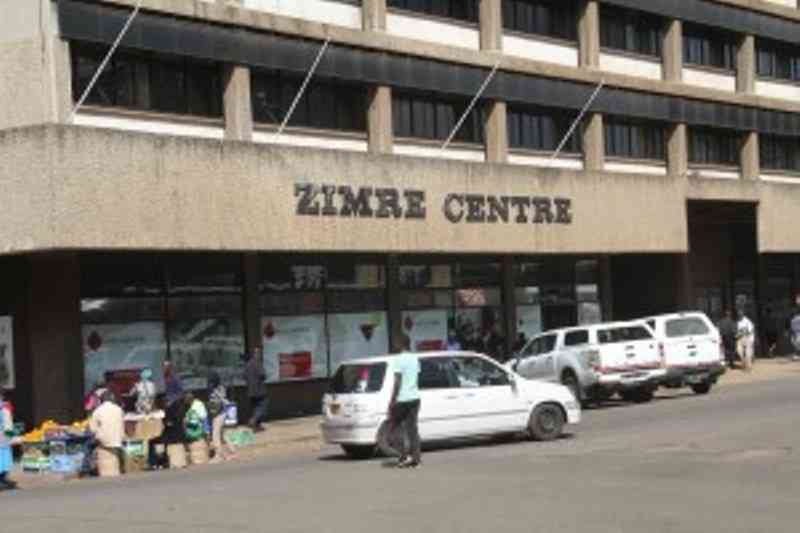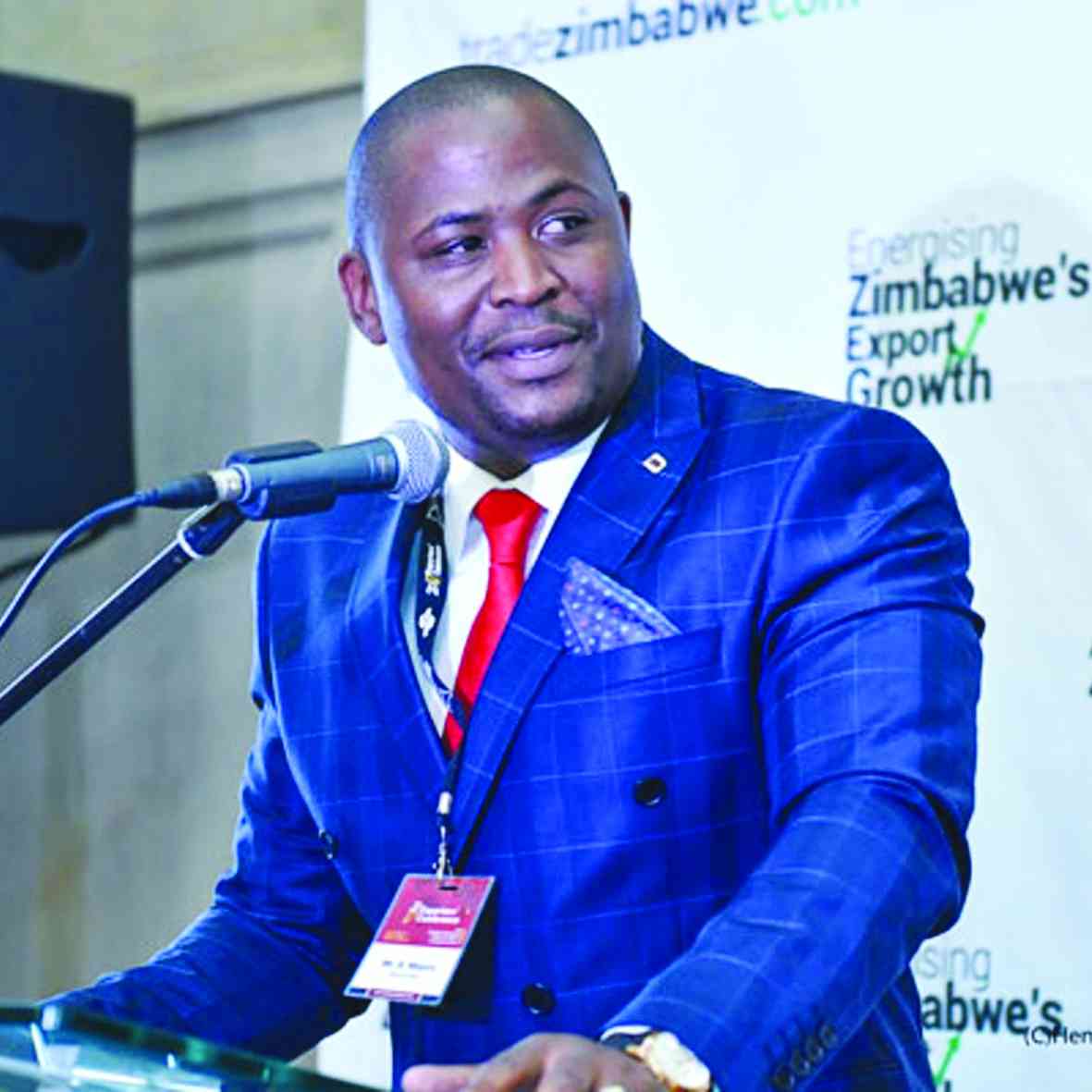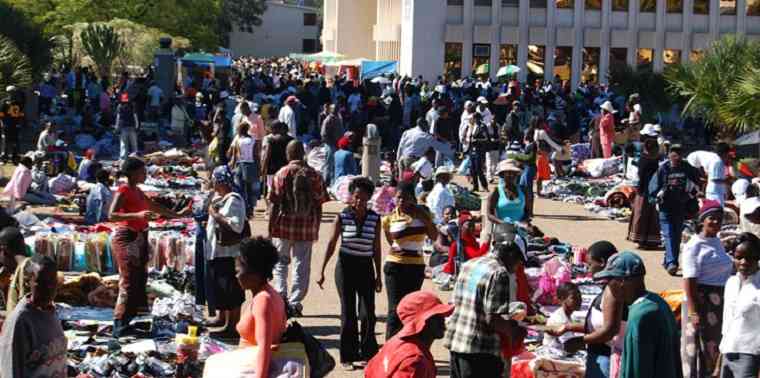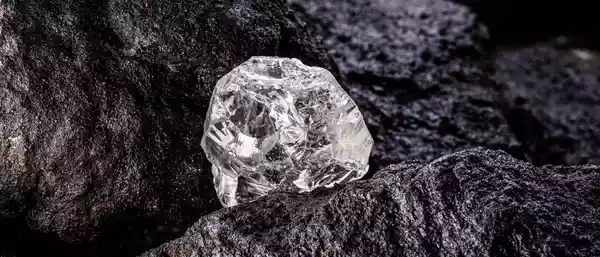
The recent revelation by an explosive Al Jazeera “Gold Mafia” documentary is just a tip of the iceberg.
The political economy of the underworld in Zimbabwe is far much broader and deeper than the contours of the illicit gold trading connecting the country with Dubai. It involves a broad swath of germ stones and minerals including diamonds, lithium, tobacco, and wildlife among others.
As rightly demonstrated by the documentary, the drivers and beneficiaries of the illicit economy in Zimbabwe are not just the small artisanal miners but politically exposed persons including government officials and the members of the executive – military alliance that are currently running the country as well as the global agents that operate in offshore financial centres such as Hong Kong, Mauritius, Cayman Islands and of course Dubai and many other financial sanctuaries spanning the globe.
The illicit economy is also facilitated by an interconnected financial network of shell companies, banks, clearing houses, management consulting firms, law firms, accounting firms, and insurance companies.
These institutions constitute the illicit ‘defense industry’ whose role is to hide and legitimise dirty money. Hopefully, South Africa will investigate its fingered banks as promised by President Cyril Ramaphosa who ironically is a major client of the offshore financial centres dating back from his days as the owner of numerous Shanduka corporation coal mines in his country.
Financing deficits
Distressingly, it is a matter of public knowledge that the Government of Zimbabwe is broke. It cannot afford to service its external debt which is estimated to be over US$20 billion; it cannot pay its civil servants descent salaries and wages; it cannot even provide clean uniforms to its police officers; and it is struggling to finance the National Development Strategy 1 (NDS1) projects and the list goes on and on.
And yet, under the watch of the Government, the country is losing about US$4.5 billion worth of gold per year which is almost equivalent to the entire 2023 National Budget.
- Mavhunga puts DeMbare into Chibuku quarterfinals
- Bulls to charge into Zimbabwe gold stocks
- Ndiraya concerned as goals dry up
- Letters: How solar power is transforming African farms
Keep Reading
At the same time, the country is losing about US$1.2 billion per year through illicit trade of diamonds while US$400 million worth of elephant ivory and US$250 million worth of rhino horn are lost through illegal trafficking per year. Additionally, Zimbabwe is losing about US$10 million per month in cigarette export revenue to smugglers.
It is not clear how much the country is losing through lithium smuggling but the figures should be northwards of hundreds of millions of US dollars given its importance in the clean energy transition. The question that is boggling the minds of many Zimbabweans is: how much longer can the struggling economy afford to be looted of millions of dollars on a daily basis? And how much evidence does the Government of Zimbabwe need to take action against the underworld economy?
State-crime nexus
Perhaps the simplest answer to these questions is that Zimbabwe is now a mafia state in which the upperworld (the state) and the underworld (criminal gangs) collaborate with each other in bleeding the economy.
As the recent two episodes of Al Jazeera documentary have shown, gold smuggling in Zimbabwe involves the state colluding with politically exposed persons and a syndicate of criminals across the globe. In this regard, the conceptual line between the state actors and non-state actors has been irreparably blurred in Zimbabwe.
This is exemplified by the ambassador at large Uebert Angel and the president of the Miners Federation, Henrietta Rushwaya who seem to be non-state actors acting as state actors in the Al Jazeera documentary. These individuals use their high-level political support to launder illegal proceeds and absorb illegal funds into the legal economy while at the same time channelling funds to themselves, their families, and friends.
The stonewalling of those who are fingered in the Al Jazeera documentary is instructive.
From the Uebert-philes to the Reserve Bank of Zimbabwe, one cannot miss the tone of arrogance which is unwittingly exposing their ties with the political and military powers in the land.
Their feeble attempt to dismiss the Al Jazeera documentary has revealed more than they had hoped to hide.
Drawing from the attitude of government, it is not unreasonable for a reasonable person to conclude ex ante that there will be no serious investigations, no arrest, no redress, not even an attempt to assure the nation that the illicit trade allegations raised in the Al Jazeera documentary are of concern to the Government of Zimbabwe. People have long concluded that theirs is a mafia state.
Any effort by law enforcing agencies is always scuppered by interference by their superiors.
After all, how can a country coordinate its anticrime efforts with government leaders who are themselves criminals? In this context, the lack of prosecution for those that have been publicly linked to criminal activity and prima facie evidence of corruption will not surprise anybody in Zimbabwe.
Sanitisation of illicit economy
Not surprisingly, in the bid to sanitise the dirty work, the beneficiaries and agents of illicit economy have rubbished Al Jazeera as a tool of imperialists meant to smear-campaign the ruling party ahead of the harmonised elections. In their lame defense they have claimed that illegal gold trading is part of the mechanics of busting the sanctions imposed on Zimbabwe by the Euro-Western powers and their economic and financial institutions.
However, Zimbabweans are not buying into the old and tired story of sanctions as a justification for thievery. The thesis of sanctions has long undergone wear and tear and sounds more like a broken record.
Worse still, from what can be described as a Freudian slip; the RBZ Governor John Mangudya has publicly admitted that the measures imposed on Zimbabwe are inapplicable to the country’s trade relations with the rest of the world. In any case, Zimbabwe’s largest bilateral trade partner, China has not imposed any sanctions to the country and so are the other bilateral partners such as Russia, Turkey, Saudi Arabia, and United Arab Emirates.
The Cynicism of it all
The country’s natural resources have not benefited the citizens under whose feet the minerals are being mined. There is very little to show for the enormous gold, diamond, platinum and lithium resources that have left the country to build first class infrastructure in Dubai and elsewhere in the world.
The cynicism of all this is that the beneficiaries of Zimbabwe’s loot sanitise their filthy wealth by becoming philanthropists. Some of them have been donating funds, vehicles, and goodies to various institutions and communities including churches as a gesture of their good will. Some of them claim to be prophets who are doing God’s work.
The words of Pliny the Elder ring true here, ex-Africana semper aliquid novi (out of Africa always something new).
It is in Africa where you find Christians celebrating and defending their tormentors and thieves who rightly belong to the dungeons of hell. Perhaps going forward, there is need for more of Al Jazeera type of investigations in all sectors of the economy to expose the scale of the collusion of the upperworld and the underworld operations in Zimbabwe.
At the same time, accountability institutions including civil society, academia and the media should raise the volume high on the impact of the illicit trade to the lives of the ordinary people.
- Dr Moyo is the director of the Public Policy and Research Institute of Zimbabwe. He is an expert in African agency, global finance and emerging markets and developing economies. These weekly New Perspectives articles, published in the Zimbabwe Independent, are coordinated by Lovemore Kadenge, an independent consultant, managing consultant of Zawale Consultants (Pvt) Ltd, past president of the Zimbabwe Economics Society and past president of the Chartered Governance & Accountancy Institute in Zimbabwe (CGI Zimbabwe). — kadenge.zes@gmail.com or mobile: +263 772 382 852.

